Usutu Virus Alert: How Garden Bird Lovers Can Make a Difference
Usutu Virus: A New Threat to UK Birds – and How You Can Help
The BBC recently published an important article highlighting a worrying development for our garden birds - You can read it here.
A virus called Usutu — a mosquito-borne disease — has now been detected widely across southern England. Although many people may not have heard of it before, Usutu has been present in mainland Europe for some time, causing serious declines in bird populations in countries like Germany and the Netherlands. Now, sadly, it appears to be taking hold here in the UK too.
Usutu affects a range of bird species, but blackbirds seem particularly vulnerable. These much-loved birds, famous for their beautiful song, have seen their numbers in Greater London fall by around 40% since 2020 — a truly worrying figure. Scientists believe that the spread of the Usutu virus is playing a major role in this decline, along with other pressures such as habitat loss and climate change.
The virus is mainly transmitted by mosquitoes, but there is concern that once birds are infected, close contact — such as gathering at feeding stations or bird baths — could further enable its spread. Although Usutu is generally low-risk for humans and no human cases have yet been recorded in the UK, its potential impact on our garden bird populations could be devastating if left unchecked.
The news serves as a stark reminder of just how fragile our local wildlife can be — and how much they rely on us for support.
While we can’t stop mosquitoes, there are practical steps we can all take to protect our feathered friends, starting with something simple but incredibly important: keeping feeding areas clean and hygienic.
How to Keep Feeding Areas Safe
Keeping bird feeders, bird baths, and feeding stations clean is one of the best things you can do to help your garden visitors stay healthy and strong.
Here’s how:
-
Clean feeders regularly: Ideally once a week, and more often in warm weather. Use a mild disinfectant or a specialist bird-safe cleaner.
-
Remove old food: Mouldy, clumped, or stale food should be thrown away to avoid birds ingesting harmful bacteria or fungi.
-
Move feeding areas around: If possible, relocate your feeders every so often to stop droppings and waste from building up in one spot.
-
Provide fresh water: Bird baths should be emptied, cleaned, and refilled with fresh water daily.
-
Wear gloves: Always protect yourself when handling dirty feeders, bird baths, or droppings.
-
Space feeders out: If you have room, spread out feeding stations to help birds feed without crowding.
These simple steps can help stop the spread of common diseases like trichomoniasis, salmonella, and avian pox — all of which can weaken birds and make them more vulnerable to viruses like Usutu.
At Brinvale, we’re passionate about helping our local wildlife. That’s why we stock a wide range of easy-to-clean feeders and hygienic feeding solutions. If you need advice on bird hygiene or are looking for the best products to help your feathered visitors stay healthy, please get in touch or pop into our shop in Long Clawson.
Together, we can make a real difference to the future of Britain’s garden birds.









